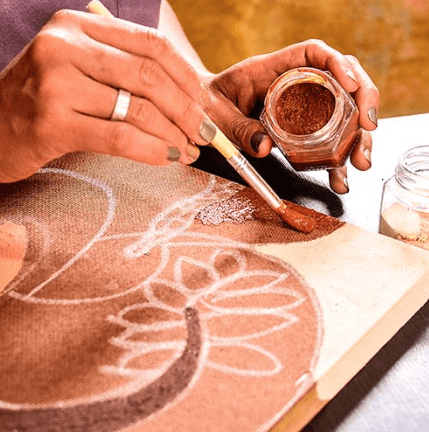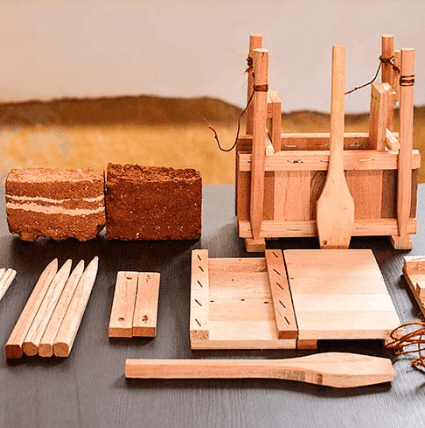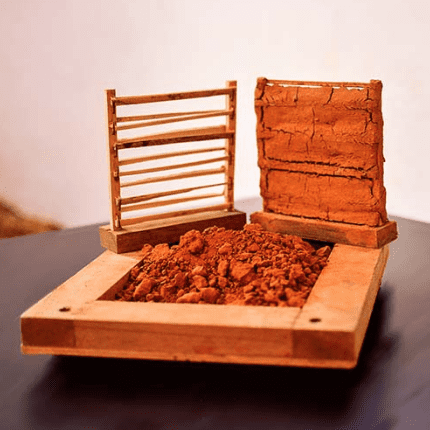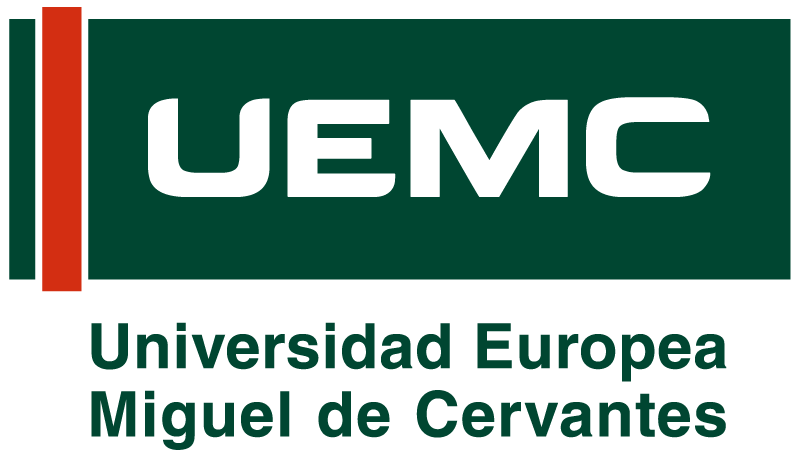Sustainable tourism encompasses more than just the environmental impact or pollution footprint left by travelers; it also involves the preservation of local culture and traditions. In recent years, the term “tourismphobia” has gained traction, reflecting growing opposition to mass tourism in various cities worldwide, where demonstrations and regulated visitor entry have become common. Today, being a tourist is often viewed negatively, associated with pollution, exhibitionism, and a lack of environmental consideration.
To address the “plague” of tourists, several destinations, including Barcelona, Mallorca, Venice, Amsterdam, and Copenhagen, have enacted regulations to encourage sustainable tourism. Measures range from limiting visits to iconic sites like Machu Picchu and the Acropolis, to closing streets for the benefit of local residents in Kyoto, and banning cruises within city limits in Amsterdam. In Barichara, a town in Colombia, an innovative initiative has been launched to promote sustainable tourism, setting a new example for others to follow.
Cultural Experiences for Travelers in Barichara (Colombia)
In the town of Barichara in Santander, Colombia, Lina Pieruccini and Santiago Rivero have established the “De la Tierra Casa Taller” workshop house, where visitors can engage in constructing various structures using rammed earth, a building material integral to both the town’s historical and contemporary architecture. “Our goal is to educate travelers about responsible practices and promote the conservation of both material and intangible cultural heritage. This contributes to sustainable tourism by providing enriching and authentic experiences,” explains Lina Pieruccini, co-founder and workshop owner.
Barichara, renowned as one of the most beautiful towns in Colombia, is celebrated for its cobblestone streets and colonial architecture, earning it the designation of a National Monument. “We wanted visitors to understand the significance of Barichara’s heritage, which is why highlighting the use of earth in construction was crucial. Our workshop aims to recognize and honor this building method, which remains prevalent in both old and new structures throughout Barichara,” Pieruccini adds.
Constructions using techniques such as rammed earth are preserved in very few places worldwide, making the town of Barichara a cultural heritage site thanks to this sustainable material. At “De la Tierra Casa Taller”, they aim to inspire tourists and students who visit the town through hands-on experiences. “We demonstrate that earth is a low-impact construction material, as it requires minimal water consumption. Through these experiences, we want people to feel creatively engaged with the earth and be pleasantly surprised, while conveying a message of sustainability and respect for the environment,” says Santiago Rivero, co-founder and workshop leader.
Connect with Barichara from Earth Constructions
“De la Tierra Casa Taller” offers a variety of experiences, from painting with earth to constructing miniatures using traditional techniques such as tapialito, adobe, or bahareque, and even taking home a bottle of earth from Santander. “The idea for the workshop arose from noticing the increasing number of visitors to the town. We decided to create experiences that allow people to connect with earth-based construction,” explains Pieruccini. Sustainable tourism, besides reducing carbon emissions to combat climate change, also encompasses fostering the local economy, promoting culture and education, and empowering the identity of local communities.



Through the activities organized at the “De la Tierra Casa Taller” workshop, participants gain insight into the town’s cultural context, contributing to sustainable tourism that emphasizes traditional practices and responsible travel. As Pieruccini explains, “We aim to highlight earth as a cultural heritage element of Barichara, sharing these traditions so people can understand and appreciate them.”
Tapia, a construction technique introduced to Colombia by Spanish colonists, is central to the workshop, which also serves to honor the history and traditional crafts of the region. The founders are dedicated to sustainability. Pieruccini emphasizes, “We want people to realize that sustainable building practices, which can help combat climate change, are rooted in our ecosystem and the earth itself. These solutions have been forgotten, but they are crucial for our future.”
An Innovative Way to Fight Mass Tourism
In other parts of the world, authorities have opted for restrictions on tourist visits or outright bans to address overcrowding. In contrast, Pieruccini notes, “Here, we offer experiences, which I believe is a potential way to diversify tourism. Barichara is a place rich in cultural experiences and is becoming a destination for those looking to immerse themselves in local culture, interact, and learn traditional crafts and knowledge.”
Indeed, in this small town in northeastern Colombia, the crafts of stone carving, ceramics, and natural fiber weaving continue to thrive. Pieruccini emphasizes, “It is a special place to come and engage with local traditions.” Looking ahead, the mission of “De la Tierra Casa Taller” is to disseminate and share their work across various municipalities, as they have already done in Bogotá, Santander, and Cartagena, to spread their workshops and knowledge further.
Master in Travel Journalism focused on Sustainable Tourism
As a leading institution in the field of tourism journalism, we adapt the curriculum of our Master in Travel Journalism program to address current trends and demands in the tourism sector. We integrate the concept of sustainable tourism across various disciplines, including journalism, marketing, and tourism, to foster learning from an ecological and environmentally conscious perspective. Key training courses within the program that focus on this topic include Responsible Tourism with Animals, the Tourism Marketing module, and Content Creation (blogs, videos, and social media) centered on sustainability in the portrayal of tourist destinations.

